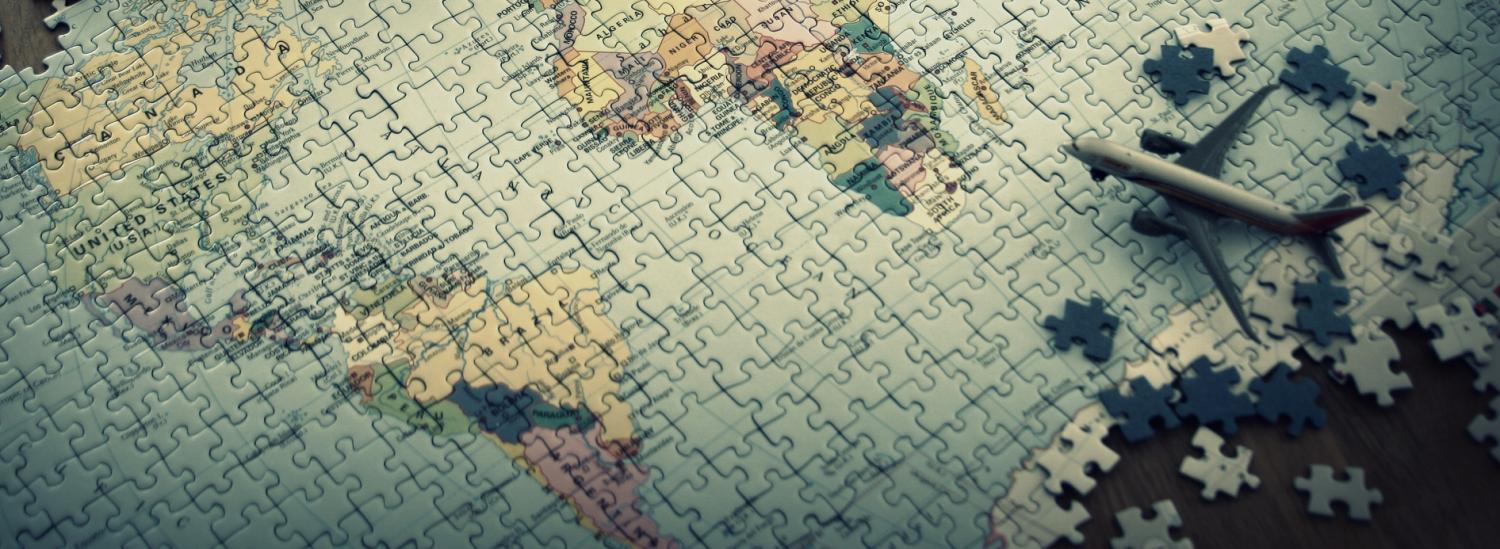Sam Roggeveen argues that the real challenge to globalisation and openness and immigration is not cultural (popular prejudice and so on) but political. Similarly, Edward Luce argues that the central problem is the political failure of elites to implement openness in a way that is politically acceptable for most people, in most circumstances, most of the time. We agree and wish to emphasise the ethical dimension this raises and which drives the political phenomenon of contemporary populism.
Populism is always premised on ethical outrage. Its most salient feature is the revolt of a disempowered majority (the 'people') against a usurping minority (the 'elite'), sometimes but not always mediated by a powerful leader (the 'demagogue'). There are famously both left and right varieties, the latter generally promoting fear of some significant 'other' as cause of the people’s sorrows. But we should not be unduly distracted by surging ultra-right cultural-racial intolerance. Rather, the focus should be on a perception common to left- and right-wing populisms: that inequity and disenfranchisement are the result of the inability, or unwillingness, of major political parties to ensure that the common people are protected from, and compensated for, the costs of globalisation.
The case for open trade, investment, and immigration has always been argued primarily on grounds of economic benefit, obscuring important political questions about concomitant social costs. Neglect of these questions eventually produced previously unthinkable outcomes in our established liberal democracies, such as Brexit and the election of Donald Trump. But what explains this failure? Indifference and neglect from those doing well from globalisation is no doubt part of the story, but insufficient in a democracy where politicians must inevitably pay attention to voter sentiment.
The more robust explanation is that political elites simply did not appreciate the enormous complexity of implementing openness on the scale and at the rapid pace that globalisation demanded. Managing who gets what, when, and how - the core business of politics, as Harold Lasswell told us – has always been a fraught one for governments. But permitting the accelerated movement of various peoples, forms of investment, and goods and services across borders, while simultaneously relinquishing degrees of sovereign control over how such movements occur, hugely amplified the already daunting challenges of liberal-democratic government.
Why did elites not plan for the increased uncertainty and risk that rapid escalation and greater policy complexity was bound to produce?
The answer is, in another time of crisis decades previously, and under the compelling influence of plausible economists with a political agenda, they placed almost unbounded faith in the power of global economic liberalism to bring home the bacon on such a scale that distributional questions would take care of themselves. But they did not, and the long-term consequence is a political world in upheaval, with long-standing verities up-ended, long-established parties in disarray or decline, and democracy itself seemingly in retreat. The more proximate origins lie in the 2007-8 Global Financial Crisis and its considerable aftershocks, which – interacting with resurgent Russian nationalism, terrorism, Middle Eastern chaos, a more assertive China, an uncontrollable flood of refugees, and now a nuclear-armed North Korea – has thrown the whole post-war liberal international order into crisis.
The pressing issue post-GFC was how to re-establish order, stability and growth. Reasonable argument on this was confused by, in part, a heightened level of resistance to ‘experts’ telling ‘us’ (the public) what to think or do. Indeed, suspicion of expertise grew so great as to usher in a baffling ‘post-truth’ era in which ‘alternate facts’ gained political currency.
Experts must carry some of the blame for this, especially economic experts who stressed the rigorous ‘scientific’ nature of their discipline and were both cheerleaders and architects of modern globalisation. Economists provided ideological, technical and mathematically-modelled support for financial structures and instruments that ultimately proved grounded in quicksand. The consequent disaster presented governments with an acute problem. Economists had assured them that the problem of economic management had been solved, largely through monetary controls (‘the Great Moderation’). When these assurances proved false and recovery elusive, to whom were political leaders to turn for advice but to the very economists who had led them astray?
There was advice aplenty but no true political consensus on correct analysis, prognosis and policy, with the result that few affected governments responded creatively to the crisis. There was a great deal of confusion as proponents of economic stimulus vied with defenders of austerity, arguments often proceeding in moralist terms. It was startling to see the long-running European dream dissolve into old-fashioned nationalistic acrimony as obstinate and ‘frugal’ Germany imposed austerity policies on its ‘profligate’ and weak Mediterranean partners.
But this shallow moralism failed to address the colossal ethical failure the GFC represented. A sense of injustice was generated as governments poured billions of taxpayer dollars into the very institutions that had caused the crisis while ordinary people lost jobs and homes under regimes of enforced austerity, and cases of blatant fraud and manipulation among financiers went unprosecuted or received negligible fines. As crisis turned to economic stagnation, the gaping ethical hole at the heart of modern political economy caused a general loss of public trust in established parties, their leaders and their usual experts.
Alternative leaders and parties arose presenting unorthodox (though hardly original) diagnoses of what was needed to correct things. Opportunities opened for leaders like Donald Trump and Bernie Sanders in America, Jeremy Corbyn in Britain, Geert Wilders in Holland, Norbert Hofer in Austria and Marine Le Pen in France, even Pauline Hanson in Australia. Traditional parties everywhere were in trouble, as the French presidential elections of 2017 showed, their ideological bearings abandoned under neoliberal enthusiasms and their credibility among old constituencies in tatters.
The lesson? The current challenge is not to patch the old model of globalisation with bits of string and gum (negative interest rates anyone?). It is to construct a new model that combines economic soundness with a political acuity capable of incorporating equity at every level of a complexly interrelated world.
